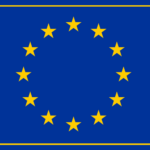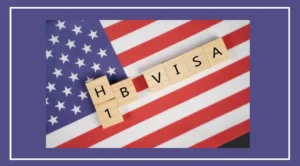Canada is making major changes to its citizenship laws, which will benefit thousands of Indian-origin families and other Canadians born outside the country.
The government has introduced Bill C-3 to fix long-standing gaps in eligibility and bring fairness to families previously left out of the system.
What the Government Says
Immigration Minister Lena Metlege Diab described the reforms as a step toward “Fairness for Modern Families.”
She said:
“Bill C-3 will fix long-standing issues in our citizenship laws and bring fairness to families with children born or adopted abroad. It will provide citizenship to people who were excluded by previous laws.”
The changes aim to modernise Canadian citizenship and make it fair for globally mobile families.
The Problem: First-Generation Limit
The issue stems from a rule introduced in 2009, known as the first-generation limit. Under this law:
Children born or adopted outside Canada could only get citizenship if at least one parent was born or naturalised in Canada.
Many Canadians born abroad—like children of students, diplomats, or expats—could not pass citizenship to their own children overseas.
This left many people feeling like “lost Canadians”, excluded despite being entitled to citizenship.
In December 2023, the Ontario Superior Court ruled this limit unconstitutional.
The federal government accepted the ruling and decided not to appeal.
Bill C-3: Key Changes
Bill C-3 introduces important updates:
Restoring Citizenship
People who lost or were denied citizenship under previous rules will now have it reinstated.
Substantial Connection Test
Canadian parents born abroad can pass citizenship to their children if they have spent 1,095 cumulative days (three years) in Canada before the child’s birth or adoption.
This brings Canada in line with countries like the US, UK, and Australia.
Clear and Future-Proof Rules
The new laws aim to give predictable, fair citizenship rights for families living globally.
When Will It Happen?
The full implementation is set for January 2026, giving authorities time to prepare systems for processing applications.
Immigration lawyers expect a surge in applications once the updated rules take effect.
The Canadian Immigration Lawyers Association (CILA) has welcomed the reforms, calling them long overdue.
With Bill C-3, Canada is closing the chapter on its “lost Canadians” and ensuring future generations born abroad can automatically enjoy their citizenship rights.

























